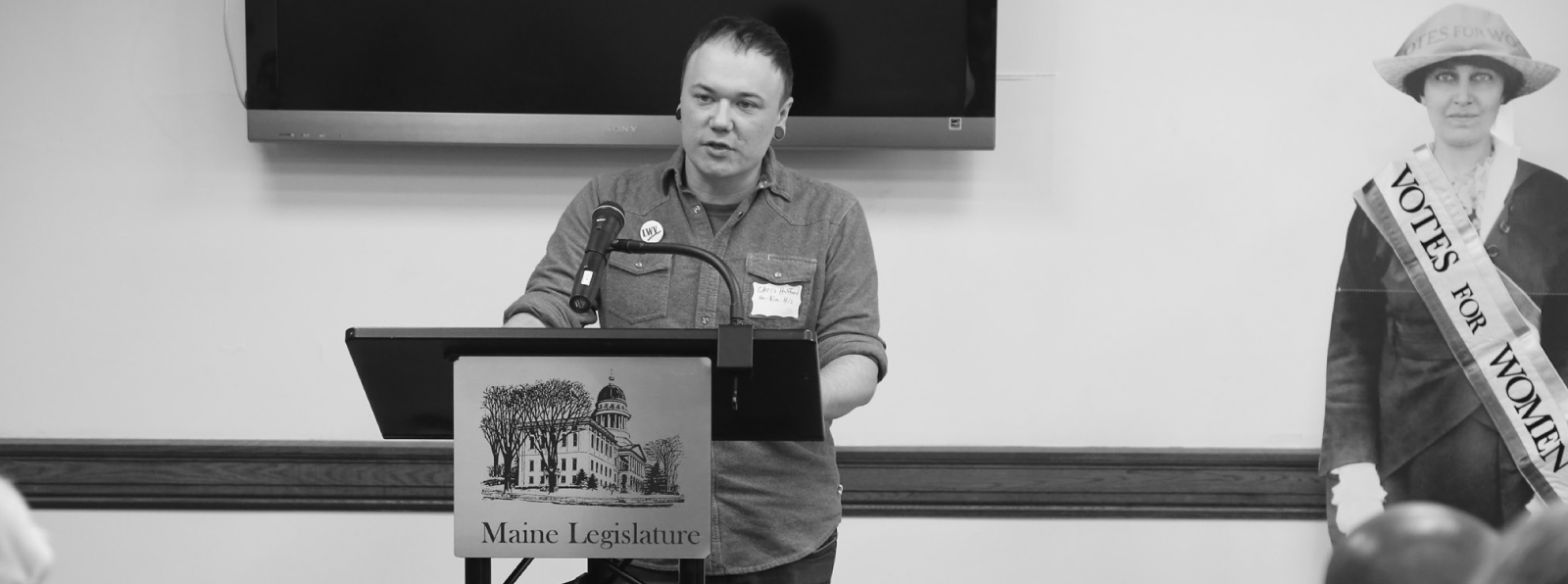In Short
The League of Women Voters of Maine (LWVME) gives its highest priority to policy principles that protect and expand voter participation and turnout in all elections, including candidate selection systems. We support policies that permit broad citizen participation in primary elections while at the same time balancing the interests of major parties, small parties, and independent candidates and permitting political parties to perform their traditional functions.
In addition, we value policies that ensure elections are transparent, verifiable, and auditable. The League of Women Voters of Maine believes that primary elections should encourage broad voter participation and that all voters should have the opportunity to participate in the primary election of their choice. More specifically, the LWVME supports: Semi-open primaries over the various forms of closed or fully open primaries for candidate selection at all governmental levels.
Highlights from the 130th Legislative Session:
-
 Semi-open primaries (LD 231): Unenrolled voters will be permitted to cast one ballot in the primary of their choice. Republicans will not be able to vote in Democratic primaries, and Democrats will not be able to vote in Republican primaries. Signed in law! This bill was supported by LWVME based on our 2018 League Study.
Semi-open primaries (LD 231): Unenrolled voters will be permitted to cast one ballot in the primary of their choice. Republicans will not be able to vote in Democratic primaries, and Democrats will not be able to vote in Republican primaries. Signed in law! This bill was supported by LWVME based on our 2018 League Study.
Presidential primaries over presidential caucuses, recognizing that the rules concerning the primaries will be more consistent with League values if they are "semi-open." The League also supports Presidential primaries held on set dates that do not cause a loss of party delegates.
The LWVME defines a "semi-open" primary as a primary in which unenrolled/unaffiliated voters may vote on one ballot per primary without having to enroll in that particular political party. Voters enrolled in a political party can vote only on the ballot of their party.
Government, as opposed to party, funding and administration of federal, state, and county primaries.
The LWVME neither supports nor opposes nonpartisan primaries. The LWVME will continue to monitor experience with nonpartisan primaries and re-examine this issue when the results of more empirical studies are available.

